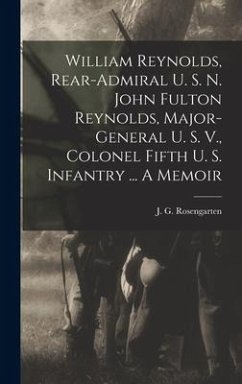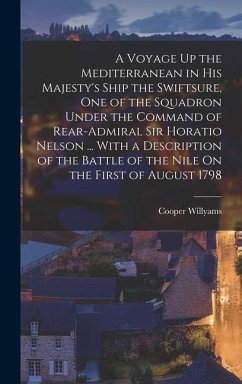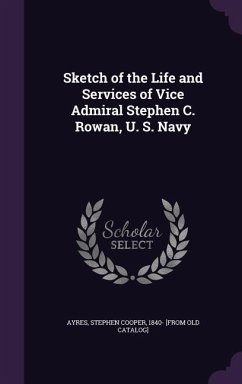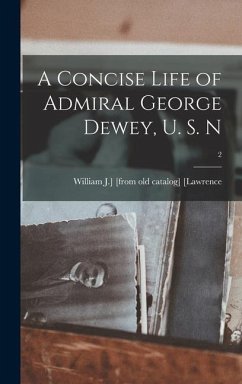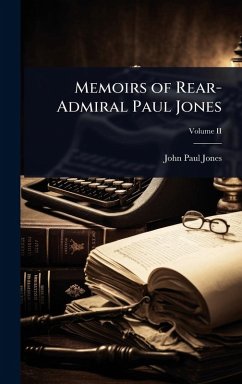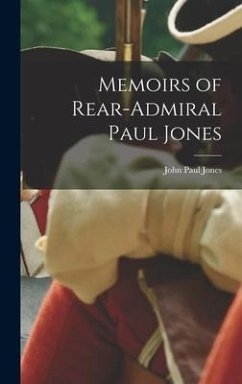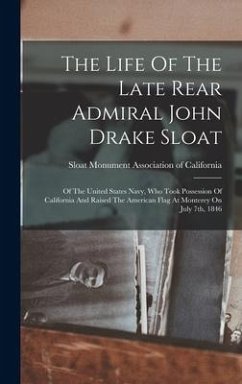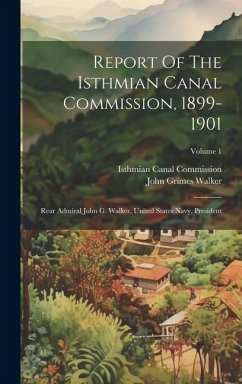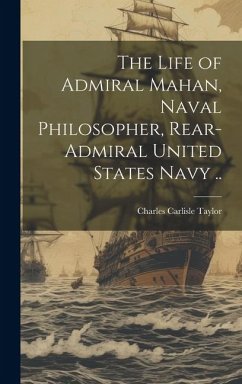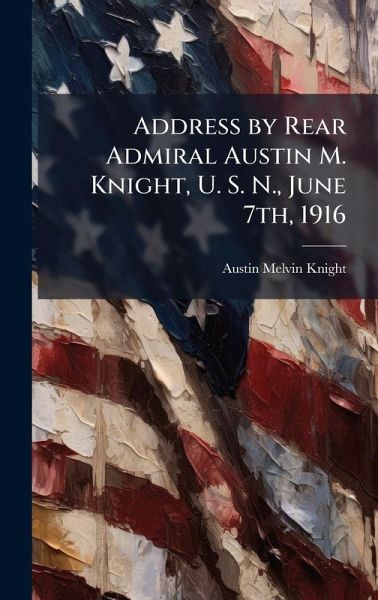
Address by Rear Admiral Austin M. Knight, U. S. N., June 7th, 1916
Versandkostenfrei!
Versandfertig in über 4 Wochen
25,99 €
inkl. MwSt.
Weitere Ausgaben:

PAYBACK Punkte
13 °P sammeln!
This address by Rear Admiral Austin M. Knight, delivered on June 7th, 1916, offers a fascinating glimpse into the naval strategies and concerns of the United States on the brink of World War I. Knight, a prominent figure in the U.S. Navy, provides valuable insights into the state of the navy, potential threats, and the importance of preparedness. "Address by Rear Admiral Austin M. Knight, U. S. N., June 7th, 1916" is a valuable historical document for those interested in military history, naval strategy, and the American perspective during a pivotal period in global history. It offers a unique...
This address by Rear Admiral Austin M. Knight, delivered on June 7th, 1916, offers a fascinating glimpse into the naval strategies and concerns of the United States on the brink of World War I. Knight, a prominent figure in the U.S. Navy, provides valuable insights into the state of the navy, potential threats, and the importance of preparedness. "Address by Rear Admiral Austin M. Knight, U. S. N., June 7th, 1916" is a valuable historical document for those interested in military history, naval strategy, and the American perspective during a pivotal period in global history. It offers a unique primary source perspective on the challenges and considerations facing the U.S. Navy at the time. This work has been selected by scholars as being culturally important, and is part of the knowledge base of civilization as we know it. This work was reproduced from the original artifact, and remains as true to the original work as possible. Therefore, you will see the original copyright references, library stamps (as most of these works have been housed in our most important libraries around the world), and other notations in the work. This work is in the public domain in the United States of America, and possibly other nations. Within the United States, you may freely copy and distribute this work, as no entity (individual or corporate) has a copyright on the body of the work. As a reproduction of a historical artifact, this work may contain missing or blurred pages, poor pictures, errant marks, etc. Scholars believe, and we concur, that this work is important enough to be preserved, reproduced, and made generally available to the public. We appreciate your support of the preservation process, and thank you for being an important part of keeping this knowledge alive and relevant.



![War Time in Manila [by] Rear-Admiral Bradley A. Fiske, U. S. N., Navigator of the U. S. S. Petrel and Monadnock During the Time Cover War Time in Manila [by] Rear-Admiral Bradley A. Fiske, U. S. N., Navigator of the U. S. S. Petrel and Monadnock During the Time](https://bilder.buecher.de/produkte/66/66931/66931463n.jpg)
